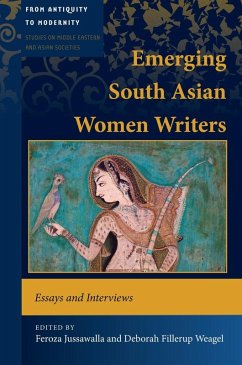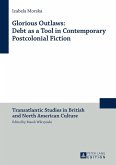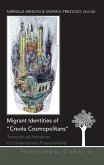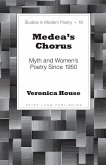Many South Asian women writers engage with the overall quest for survival, which can be affiliated with all the themes expressed in this volume: trauma, diaspora, injustice, resistance, place, space, language, and identity. The texts discussed herein contribute to the ongoing discourse related to such themes in postcolonial studies and transnational literature, and could be used in courses on South Asian literature, women's writing, postcolonial studies and literature, and world or transnational literature.
Dieser Download kann aus rechtlichen Gründen nur mit Rechnungsadresse in A, B, BG, CY, CZ, D, DK, EW, E, FIN, F, GR, HR, H, IRL, I, LT, L, LR, M, NL, PL, P, R, S, SLO, SK ausgeliefert werden.
(John C. Hawley, Professor of English at Santa Clara University and
Editor of the Encyclopedia of Postcolonial Studies)









